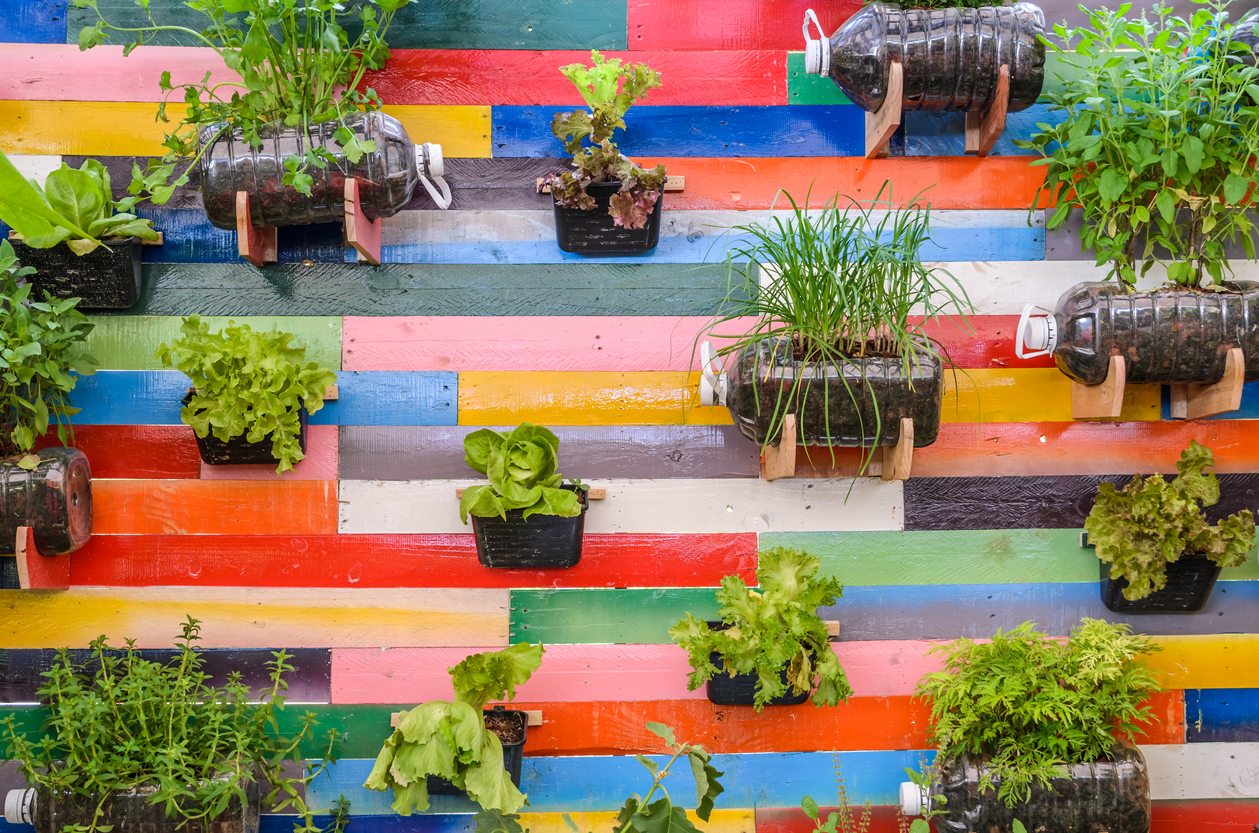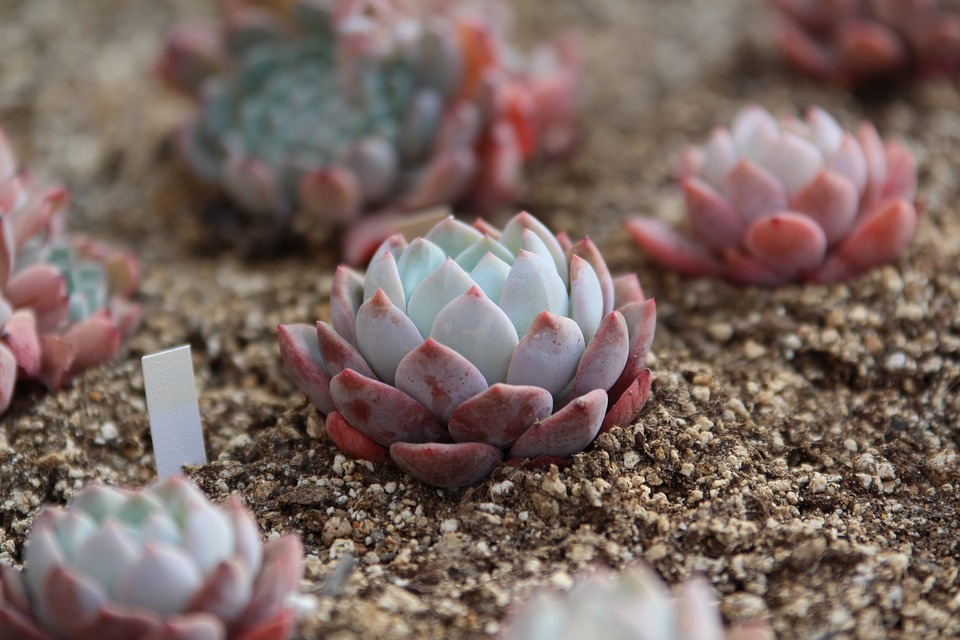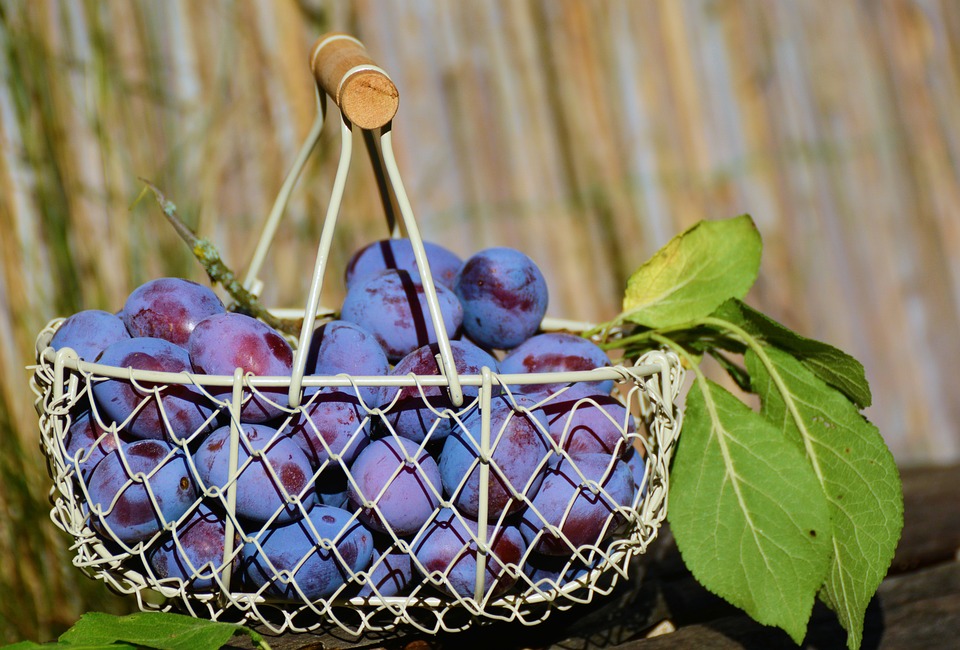Tension at work, exams, anxiety, hectic pace…we are exposed to many stressful situations every day. But thanks to their active ingredients, some anti-stress plants have the capacity to soothe us and increase our body’s natural resistance to stress and even help us sleep better. So, without further ado, let’s dive into this blog and learn some of the most effective anti-stress plants to fight nervousness and anxiety!
1. Rhodiola

Rhodiola, also known as golden root, is a plant native to Siberia that grows mainly in cold regions such as the Arctic or in European mountainous regions. It is one of the most popular anti-stress plants in phytotherapy. It is used to combat stress, anxiety, and fatigue linked to physical or mental overwork. Indeed, Rhodiola is an “adaptogen” plant, which means that it allows the body to increase its resistance to stress.
It is said to act in particular by regulating the levels of cortisol, a hormone involved in response to stress. Thanks to the antioxidants it contains, it also helps to protect the nervous system against damage caused by stress-related free radicals. It is, therefore, a real asset for people seeking to regain serenity after a period of intense overwork.
2. Hawthorn
Hawthorn is a plant known for its soothing properties. It contains powerful flavonoids (mainly hyperoside and vetexin) as well as procyanidins which help to reduce nervousness and associated physical symptoms (muscle spasms, heart palpitations, etc.). Hawthorn is thus recommended for its spasmorelaxing and calming properties in order to fight against nervous agitation and associated sleep disorders. Thus, hawthorn is interesting for people with a certain temporary irritability. The parts of hawthorn used in food supplements for stress and anxiety are mainly the flowering tops, leaves, and fruits.
3. Lemon balm to promote relaxation
Lemon balm (or Melissa officinalis) is a common plant with a lemony flavour. It is very often found in food supplements intended to improve sleep because it calms the body and creates a state favorable to relaxation. It contains several active ingredients such as aldehydes and terpene alcohols (eugenol, geraniol, linalool, etc.) which have neurotonic and antispasmodic effects, making it a very effective anti-stress plant for dealing with periods of stress and anxiety. It can be taken alone or in combination with eschscholtzia, a plant rich in alkaloids that give it sedative properties that naturally overcome insomnia linked to anxiety and mental agitation.
4. St John’s Wort for mild to moderate depression
St. John’s Wort is a plant recommended to fight against stress, mood disorders, and temporary depression. Its active ingredients, namely hypericin, hyperforin, and flavonoids, act on the brain’s neurotransmitters to regulate attention, emotions, and mood, which are unbalanced in the case of depressive disorders. Moreover, the World Health Organisation (WHO) recognizes the use of St John’s Wort in the treatment of mild to moderate depression as “clinically established”.
However, although it is a natural antidepressant, St John’s Wort does not appear to be effective enough to treat severe depression. It is also important to remain vigilant as St John’s Wort can interact with several drugs (contraceptive pills, antidepressants, anxiolytics, antiocoagulants, etc.) and alter their effects.
5. Passionflower

Passiflora, whose Latin name Passiflora incarnata means “flower embodying passion”, is a plant with a soothing effect. It actively combats nervous tension, agitation, and irritability linked to daily stress. The aerial part of the passion flower contains flavonoids, alkaloids, and maltol with calming and relaxing effects. These active ingredients make it an effective anti-stress plant to limit nervous disorders and combat sleep disorders.
Sound off in the comments section below, and tell us what you want to read next and if you want to read more about plants that can help you to destress.



